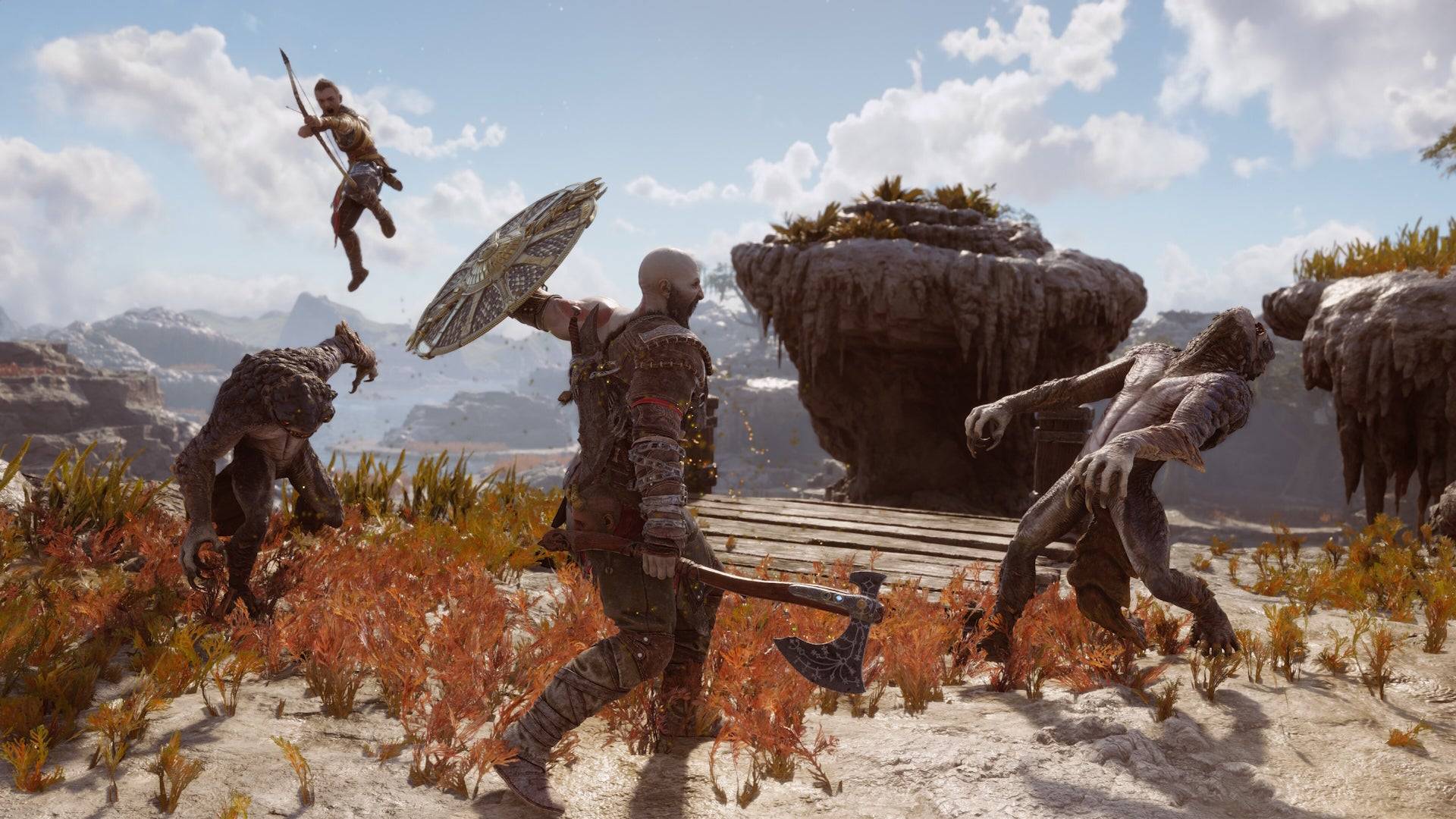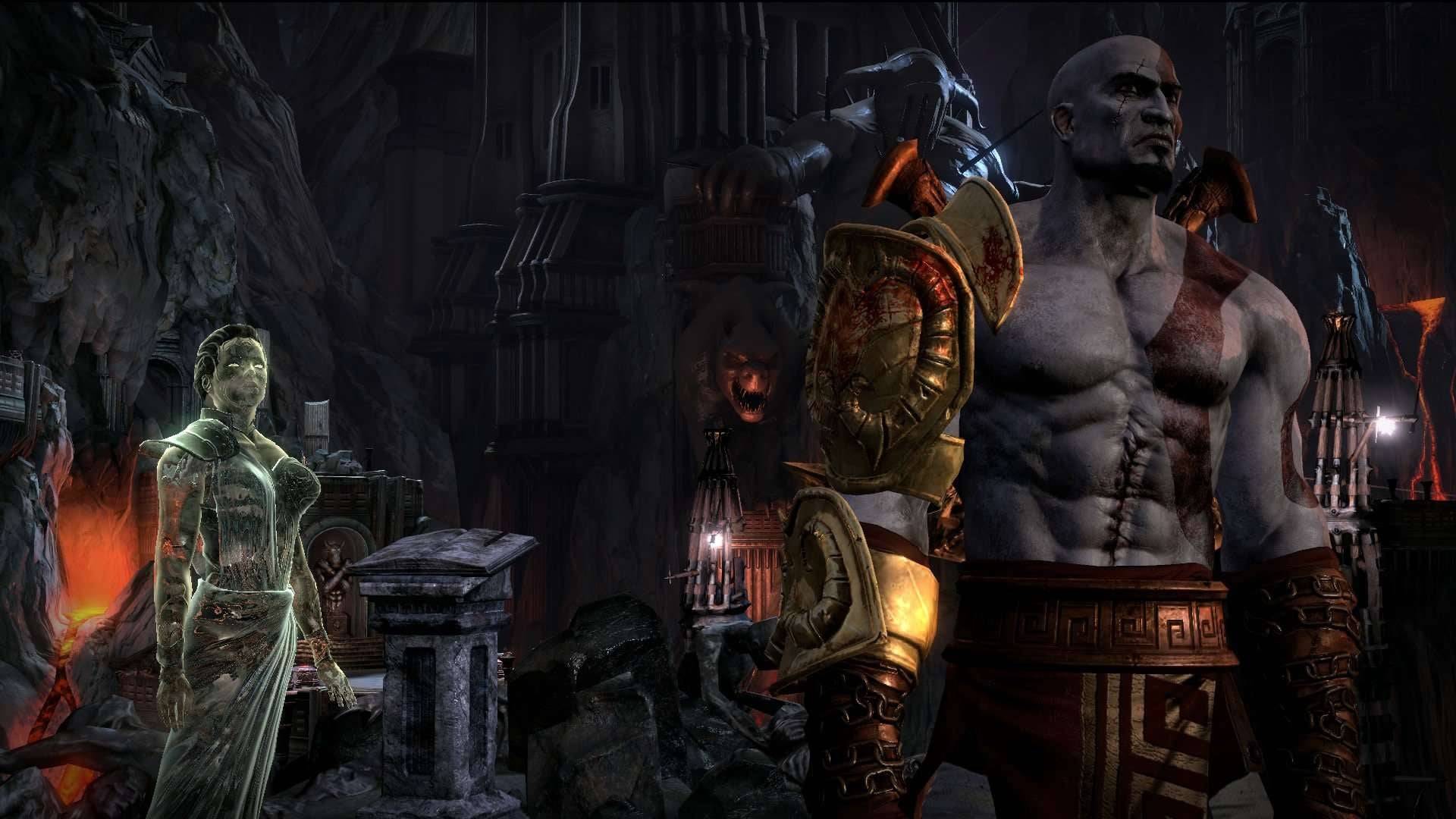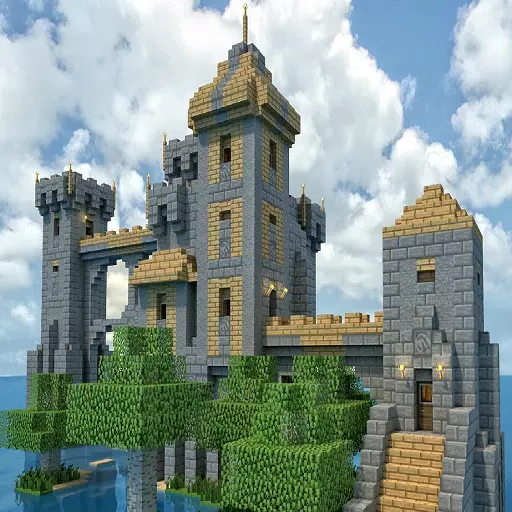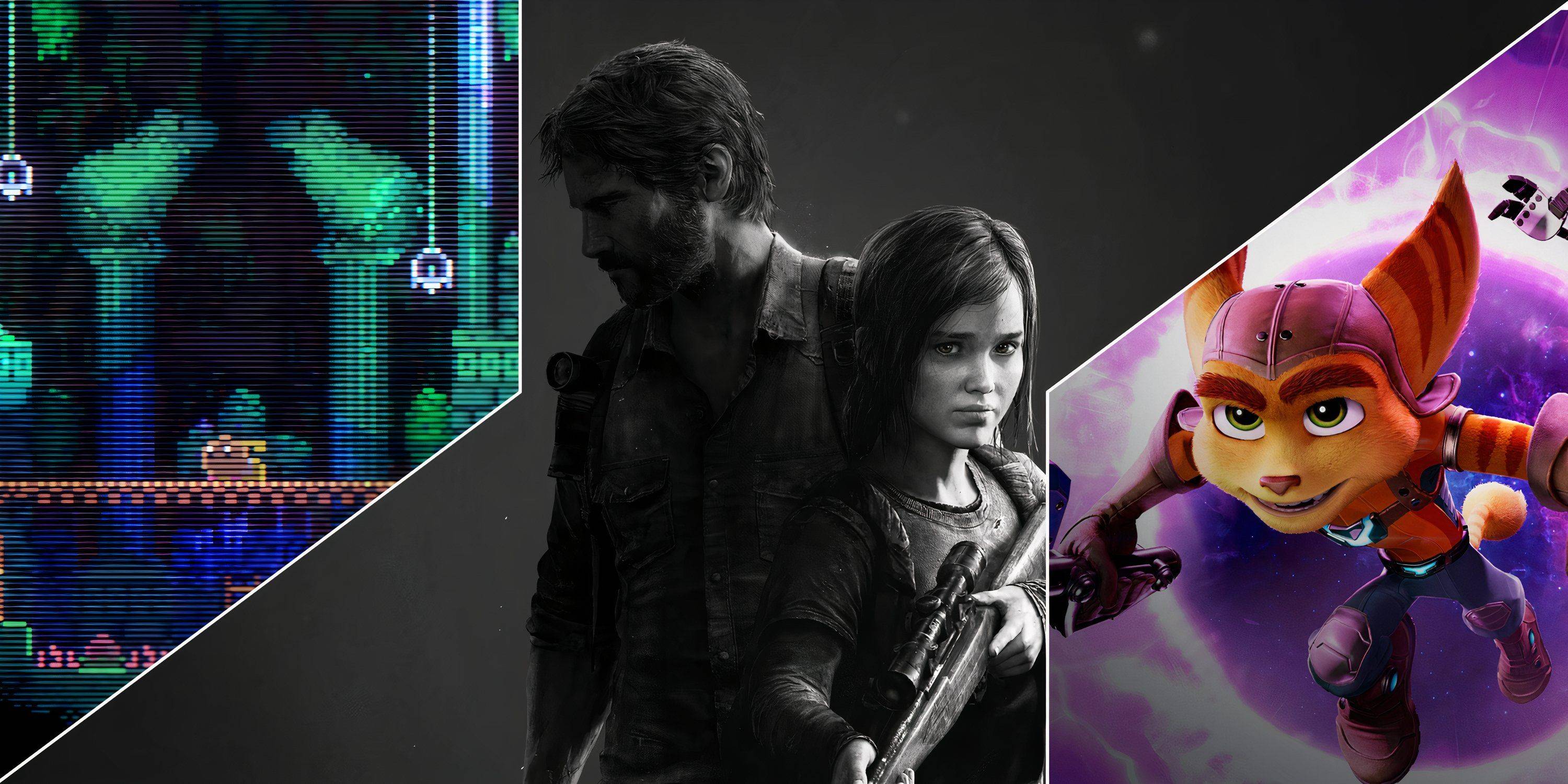The God of War series has been a mainstay across four generations of PlayStation consoles, a testament to its enduring appeal and adaptability. When Kratos embarked on his vengeance-fueled journey in 2005, few could predict the evolution of the angry deity destroyer over the next two decades. While many franchises struggle to remain relevant, God of War has thrived by embracing change. The most significant transformation came with the 2018 reboot, shifting Kratos from the world of Ancient Greece to the Norse mythology realm. This move not only altered the setting but also revamped the gameplay and narrative style, contributing to the series' critical acclaim. Yet, even before this bold reboot, Sony Santa Monica introduced various smaller changes that kept the series fresh and engaging.
Looking ahead, reinvention will remain crucial for God of War's continued success. Director Cory Barlog has expressed interest in exploring settings like the Egyptian and Mayan eras, sparking rumors of an Egyptian-themed sequel. Ancient Egypt's rich culture and mythology make it an enticing backdrop for Kratos' next adventure. However, a new setting is just the beginning. Future installments must reinvent the series in the same transformative way as the shift from the Greek trilogy to the Norse saga, enhancing beloved elements while introducing innovative gameplay and storytelling.
 God of War's combat evolved significantly with the Norse games, yet it remained true to the fierce essence of the original Greek trilogy. | Image credit: Sony
God of War's combat evolved significantly with the Norse games, yet it remained true to the fierce essence of the original Greek trilogy. | Image credit: Sony
Throughout its history, God of War has consistently evolved. The original Greek trilogy refined its hack-and-slash mechanics over a decade, culminating in the polished gameplay of God of War 3 on the PlayStation 3. This final chapter introduced a revamped magic system that complemented the melee combat and offered diverse enemy challenges. The transition to the PS3 allowed for enhanced visuals and new camera angles, showcasing the game's graphical prowess in 2010.
The 2018 reboot, however, saw significant changes. The Greek trilogy's platforming and puzzle elements were largely abandoned in the Norse games due to the shift to a third-person, over-the-shoulder camera perspective. While puzzles remained, they were adapted to fit the new adventure-focused design.
The Valhalla DLC for God of War Ragnarök marked a return to some of the series' original concepts. The battle arenas, a staple of the Greek games, were reintroduced in a Norse context, allowing players to face off against chosen opponents. This mechanical return was mirrored narratively, as Kratos confronted his past in Valhalla, invited by the Norse god Týr. This full-circle moment reinforced the series' connection to its roots.
 While the original trilogy had strong writing, the Norse duology elevated God of War's storytelling to new heights. | Image credit: Sony
While the original trilogy had strong writing, the Norse duology elevated God of War's storytelling to new heights. | Image credit: Sony
The Norse games are more than just a reimagining of past ideas. They introduced new mechanics like the Leviathan Axe's throwing capabilities, a combat-defining parry system with various shield types, and the magical spear in Ragnarök, which added a faster, explosive attack style. These innovations allowed players to explore the Nine Realms, each with unique enemies and visuals.
The storytelling in the Norse games also marked a significant departure from the original trilogy. The narrative delves into Kratos' emotional journey, his loss and grief over his late wife, and his complex relationship with his son, Atreus. This more emotive approach, contrasting with the original trilogy's more direct storytelling, has been pivotal to the Norse era's success.
God of War's evolution in both gameplay and narrative is the result of a unique approach to franchise development. The creators view the Norse games not as traditional sequels but as extensions of Kratos' journey. This mindset should guide future installments.
The experience of Assassin’s Creed, another series that frequently changes settings and time periods, highlights the risks of reinvention. While profitable, Assassin’s Creed has struggled to maintain fan loyalty across generations as effectively as God of War. The shift to an open-world RPG format with Assassin’s Creed Origins diluted the series' connection to its assassin roots, leading to mixed reactions from fans. The 2023 release, Assassin’s Creed Mirage, attempted to course-correct by returning to the series' Middle Eastern roots and shorter, more focused gameplay, which was well-received. Assassin’s Creed Shadows continues this trend, emphasizing stealth gameplay.
The varied reception of Assassin’s Creed's changes underscores the importance of maintaining a series' core identity. God of War has successfully navigated this challenge by building on the intense combat of the Greek trilogy while introducing new elements that enhance the experience without losing sight of what makes Kratos compelling. Future games, whether set in Egypt or elsewhere, must continue this approach, ensuring evolutionary changes strengthen the series' foundation.
Regardless of whether the Egyptian setting rumors materialize, the next God of War must build on the storytelling strengths of the Norse duology. Kratos' transformation from a rage-driven warrior to a nuanced father and leader has been central to the series' recent success. The next installment must continue to develop this character arc while introducing bold innovations that could define the next era of God of War.
 Home
Home  Navigation
Navigation






 Latest Articles
Latest Articles










 Latest Games
Latest Games




![Chubby Story [v1.4.2] (Localizations)](https://imgs.xddxz.com/uploads/85/1719638042667f981a5e9f8.jpg)

![Zia – New Version 0.4 [Studio Zia]](https://imgs.xddxz.com/uploads/47/1719569268667e8b74e6004.jpg)




